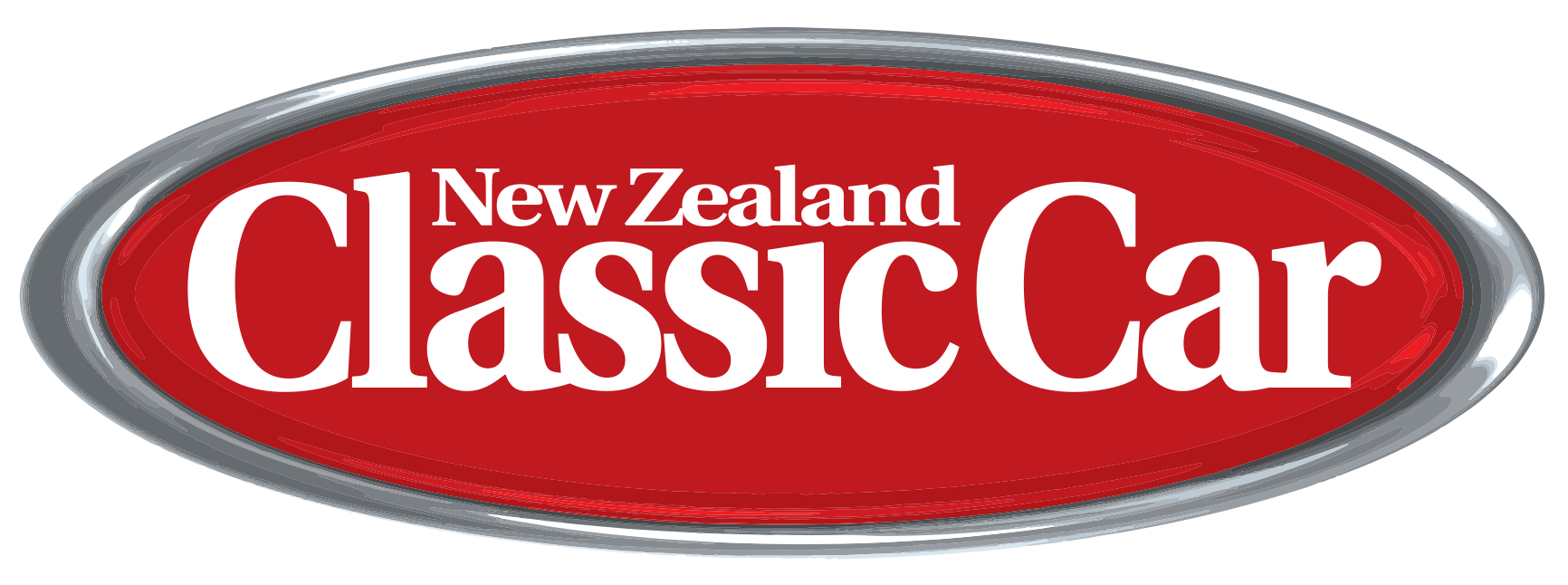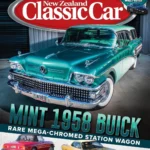Latest news and features
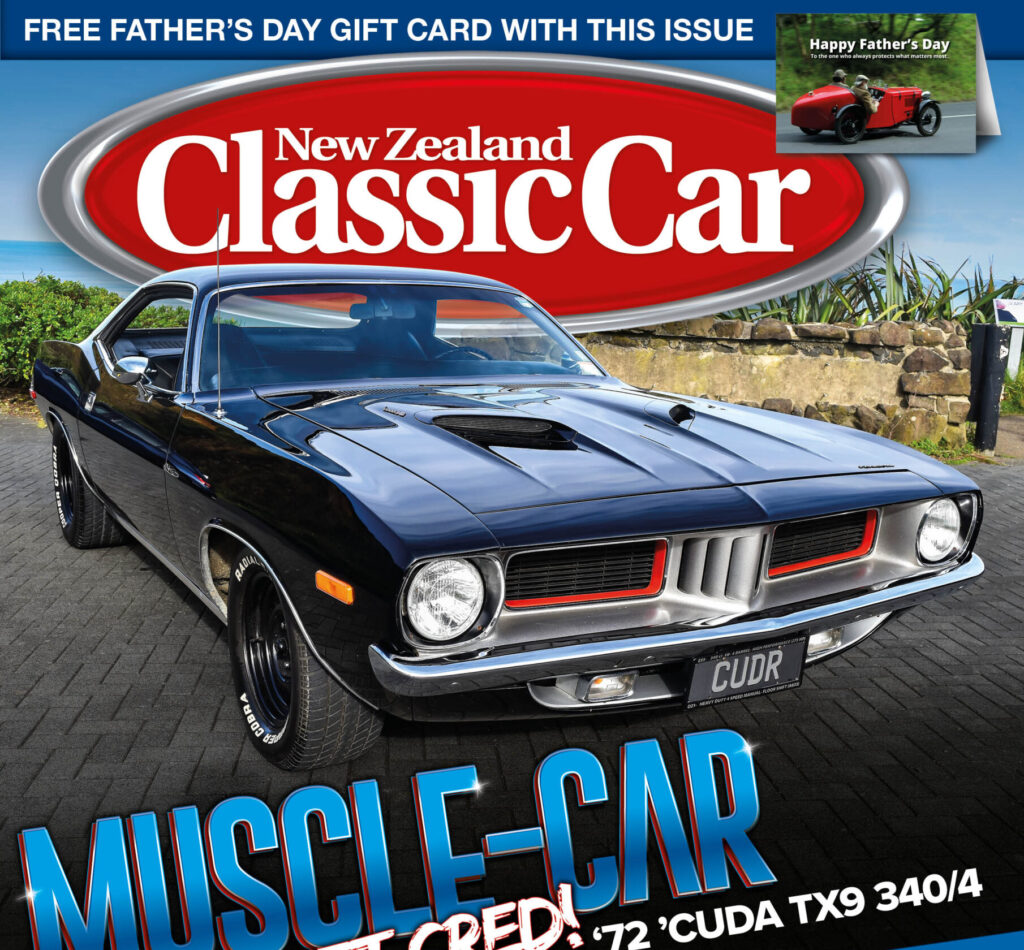
NZ Classic Car magazine, September/October 2025 issue 401, on sale now
Cuda muscle!
The spirit of a generation
The Plymouth Barracuda is renowned for its reputation as a formidable US performance car, designed to compete with Chevrolet and Ford’s performance vehicles. In its third generation, a variant, the ‘Cuda, emerged as one of the most striking muscle cars produced by Plymouth.
Back in September 2019, current owner John Carson tracked down one of the ’Cuda’s former US owners, Ron Heintschel, who provided a little of its history, as Ron recalls.
“So here is what I can remember on the ’72 Cuda. The car was ordered by the first owner, who lived in Medina, Ohio. At the time, it was a matching numbers car. The car was then sold to a neighbour and then to a guy in Pioneer, Ohio, the dates I cannot remember.”
Ron purchased the car from its owner in Pioneer, Ohio, in December 1992.
“Restoration began in 1992 and was finished in late May of 1993. The car only had a few spots of rust, just under the battery tray on the inner fender line, and two spots on the insides of the front fenders, under the hood.
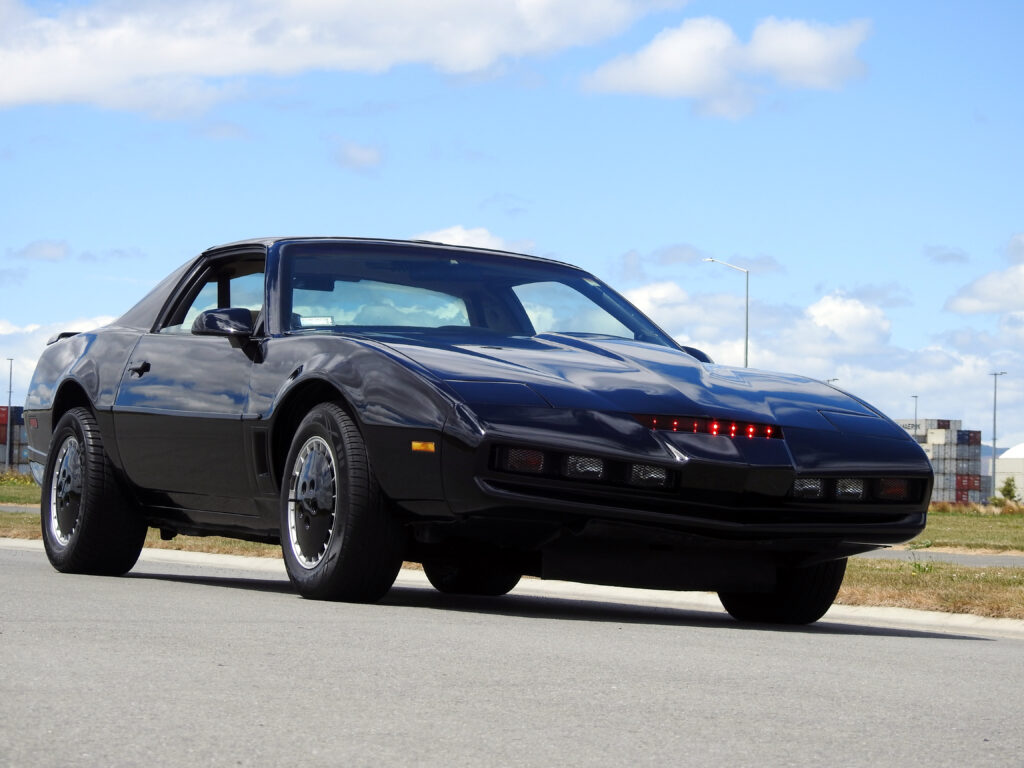
1986 Pontiac Firebird
Seeing the car with his own eyes already had Scott fizzing, but when the curator of the car let Scott sit in the driver’s seat it became a truly unforgettable day. There was no way Bo and Duke’s orange stunt jumper could compete with this. To top it off, a photograph of him sitting in the car turned up in the local paper, so he started a new school with an added aura as the kid in the Knight Rider car.
Scott still thought about the Knight Rider car from time to time, but if he had not gone with his wife Abbey to the Selwyn Motor Fest in 2018, it may have remained just a treasured memory. At the show, Abbey asked Scott what his favourite car was as they ambled round. The man she had married instantly connected with his nine-year-old self, but in a deeper voice he said, “KITT from Knight Rider”. Had she just said, “That’s nice dear,” and left it at that, life might have continued as normal. However, unaware of the hole she was about to start digging, she said that she had never heard of it.
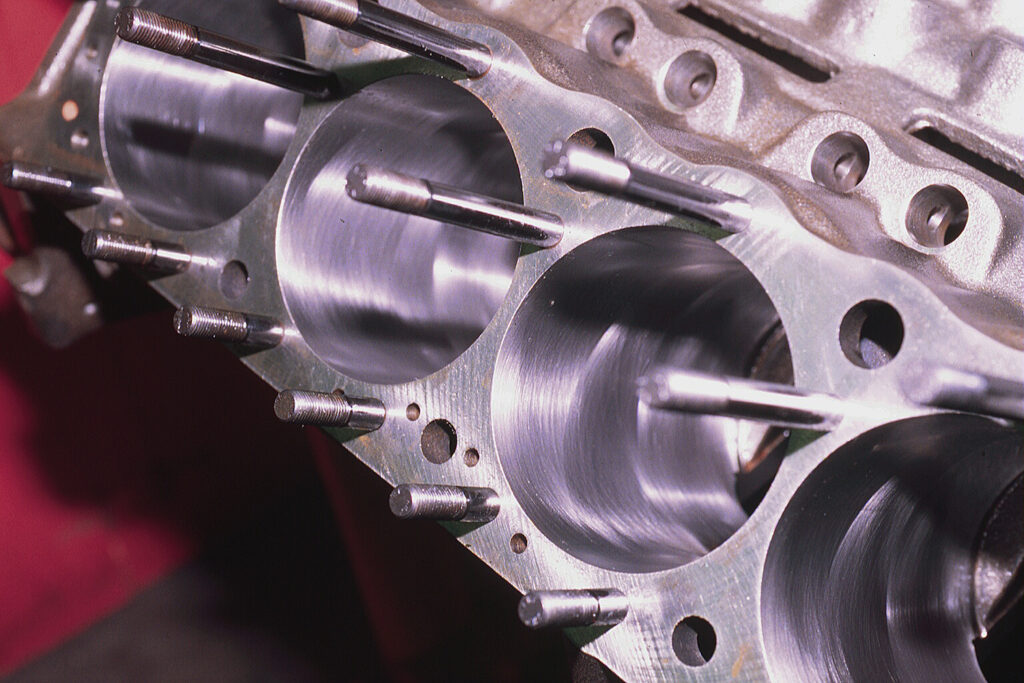
Blueprinting basics
You occasionally hear petrol heads tossing around the term ‘blueprinting’ when referring to an engine they have assembled, and have sometimes altered significantly. What they are probably trying to say is that their engine was carefully machined to optimum tolerances and balanced — probably for racing. But that isn’t what the term meant originally. You see, in the 1950s, when US stock car race cars really had to be stock, the racing teams would go to the factories and rummage through the parts bins until they found components that were closest in tolerance to the original blueprint developed by the engine’s designers.
Content categories
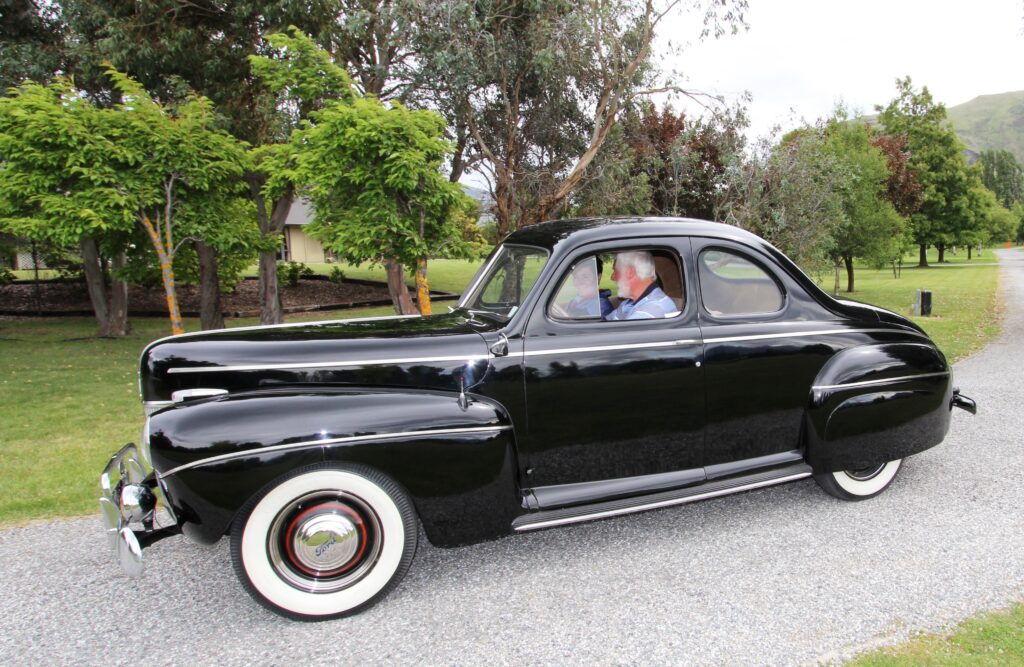
The originals – the Ledgerwood Collection
Thanks to Central Otago’s dry climate, it’s no surprise to find that Wanaka couple Jim and Daphne Ledgerwood are steadily developing an incredible collection of amazing coupes. ‘The Originals’ they have are as per factory new condition, and their aim is to keep them for everyone to see how it was done back in the day—pure nostalgia.
An occasional email from Jim usually reveals another gleaming addition. The collectors also have an impressive display of American pickups. It’s our gain and US enthusiasts’ loss, as car agent’s adverts proclaim, “Sorry you missed out. Gone to New Zealand!” Some of Jim and Daphne’s cars are almost part of the family, hence their nicknames.
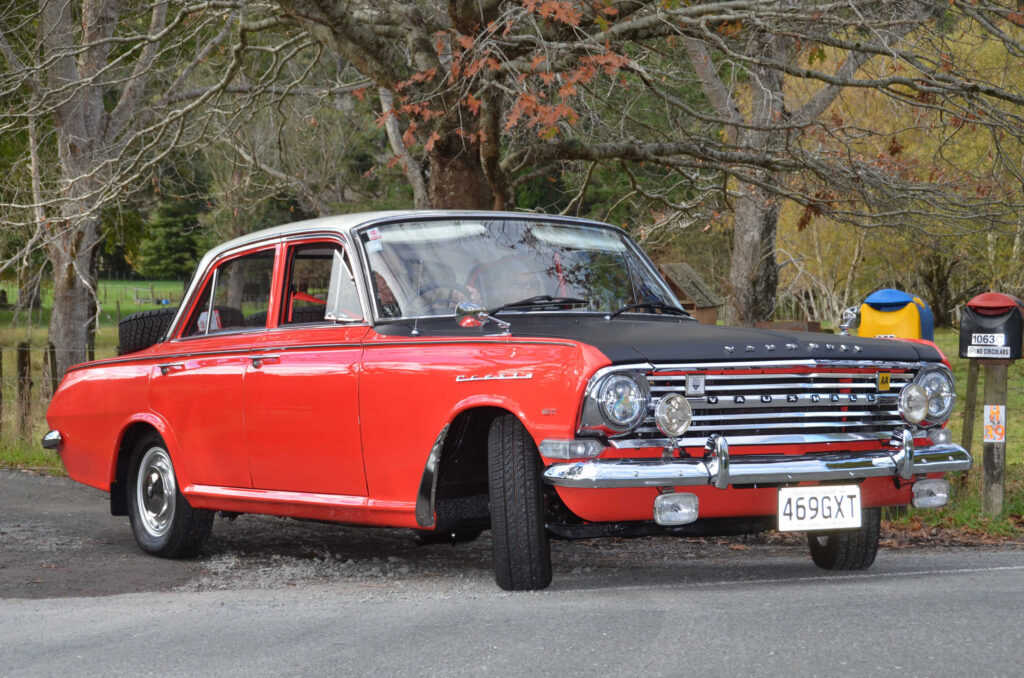
Angela’s ashes
In November 2018, Howard Anderson had a dream of finding a 1964 Vauxhall PB Cresta to recreate the car he, his wife, Ruth, and three friends travelled in from London to Invercargill in 1969. The next night’s dream was a nightmare. He dreamed he would find the original Angela but it was a rusted wreck somewhere in Southland.
Howard’s inspiration came from reading about a driver in the 1968 London–Sydney Marathon who was reunited with his Vauxhall Ventora 50 years later. He, Ruth, and her parents had watched the start of the rally from Crystal Palace in South London. The fashion at the time among the rally and race set was to paint bonnets flat black to avoid the sun’s reflections flashing into the driver’s eyes, thus saving them from certain disaster. Howard admired the flat black bonnet on the Ventora so much he had Angela’s bonnet painted dull black.
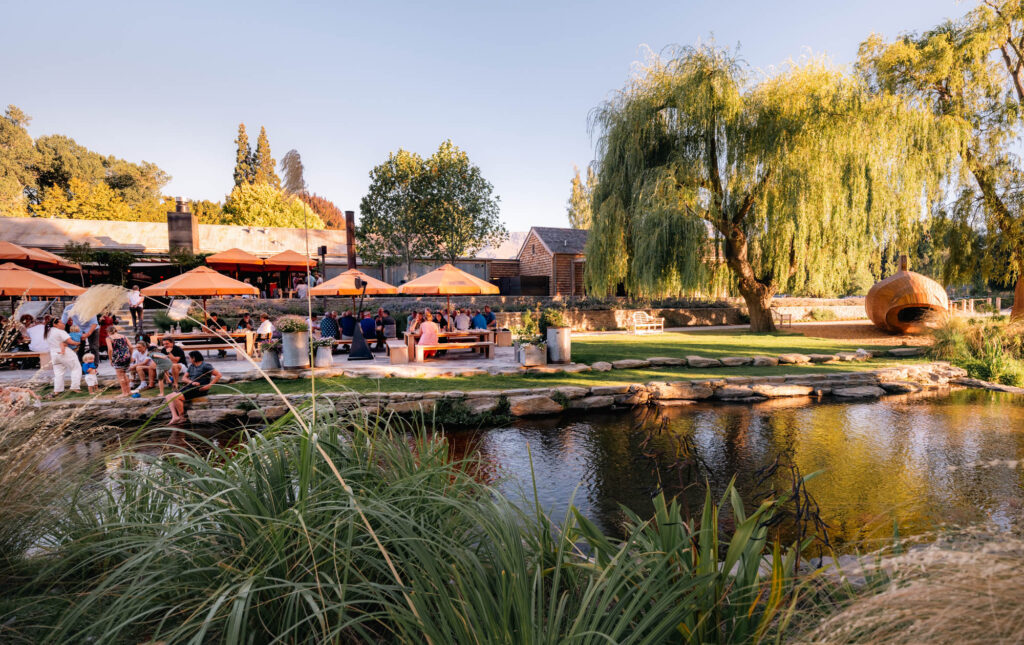
Ayrburn Classic Car Festival
The Ayrburn Classic Car Festival will take place on the scenic grounds of the Ayrburn Winery in Arrowtown, Queenstown Lakes District, on Friday 21 to Sunday 23 March 2025, coinciding with Otago Anniversary Weekend. Set to become New Zealand’s premier classic car event, this festival promises to be reminiscent of some of the most prestigious motoring events globally, thanks to its stunning location and world-class execution.
Chosen for its breathtaking views and lively atmosphere, Ayrburn Winery adds a unique dimension to the experience, offering visitors not just a car show but an immersive day out. A celebration of motoring heritage set against the spectacular backdrop of one of New Zealand’s finest estates, the festival will showcase the exceptional craftsmanship of New Zealand’s automotive industry.
Prestige and classic car owners are invited to participate in this inaugural event. If you own a special vehicle and wish to be part of this landmark festival, please contact the event team to secure your spot.
Content categories
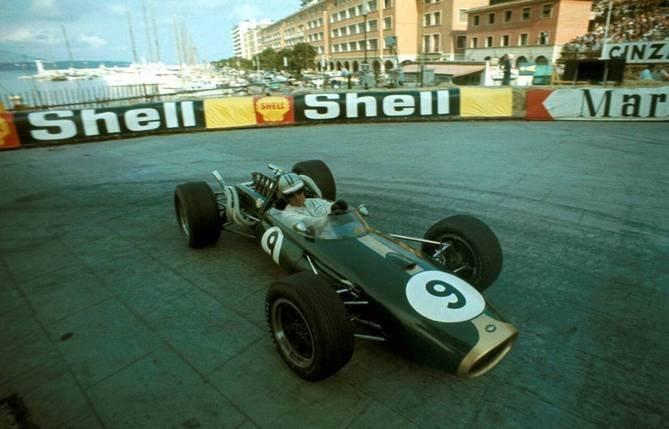
Motorsport Flashback –The right racing recipes, and cake
If a top-fuel dragster sits atop the horsepower list of open-wheel racing cars, then cars designed for the massively successful Formula Ford category are close to the opposite end. Invented in the mid-1960s as a cheap alternative to F3 for racing schools, the concept was staggeringly simple: introduce the Ford Kent pushrod to a spaceframe chassis; keep engine modifications to a minimum; same tyres for all; ban aerodynamic appendages; and you get the most phenomenally successful single-seater class of racing car the world has ever seen.
The first-ever race for these 1600cc mini-GP cars took place in England in July 1967, but it quickly took off. The US and Australia were among the earliest adopters. It took us a little longer because we had the much-loved National Formula, comprising predominantly Brabhams, Ken Smith’s Lotus, and Graham McRae’s gorgeous self-built cars, all powered by the Lotus-Ford twin-cam. After a memorable championship in 1968/69 the class was nearly on its knees a year later. The quality was still there with Smith winning his national title, just, from McRae, but the numbers had fallen. Formula Ford was the obvious replacement and was introduced for the 1970/71 season as ‘Formula C’.
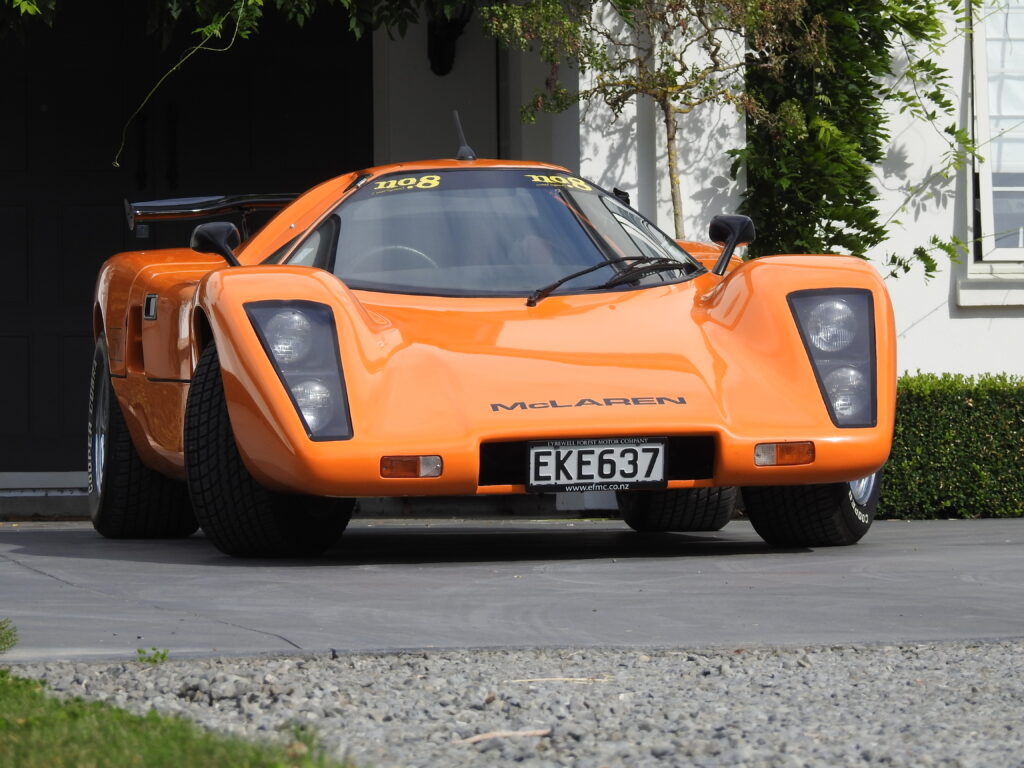
Mararn – New Zealand’s only production McLaren
I met Andrew Farrow in the little South Island town of Rangiora, where he introduced me to the then current version of his constantly changing car collection. He owns the Eyrewell Forest Motor Company. Not having a forecourt, his sales generally occur online where he buys and sells cars to add to his fluid collection. An example of what I mean by fluid is the F-Type Jaguar which he purchased recently and enjoys driving. It is advertised on his website and will eventually sell, at which point it will be replaced by another exotic he would like to own such as a Ferrari 599. Consequently, his collection is always in a state of flux, and he never has time to get bored with a particular car as another car will always be somewhere on the horizon.
I had gone to see one of the more permanent cars in his collection and one of his favourites, a McLaren M6GT replica. “It’s not the fastest or most expensive car here,” says Andrew, “but it does get the most attention.”
Anybody who knows about cars will instantly recognise this car as being a replica of the McLaren M6GT, conceived by Bruce McLaren as having the potential to be the first McLaren road-legal supercar, conceived decades before the McLaren F1.
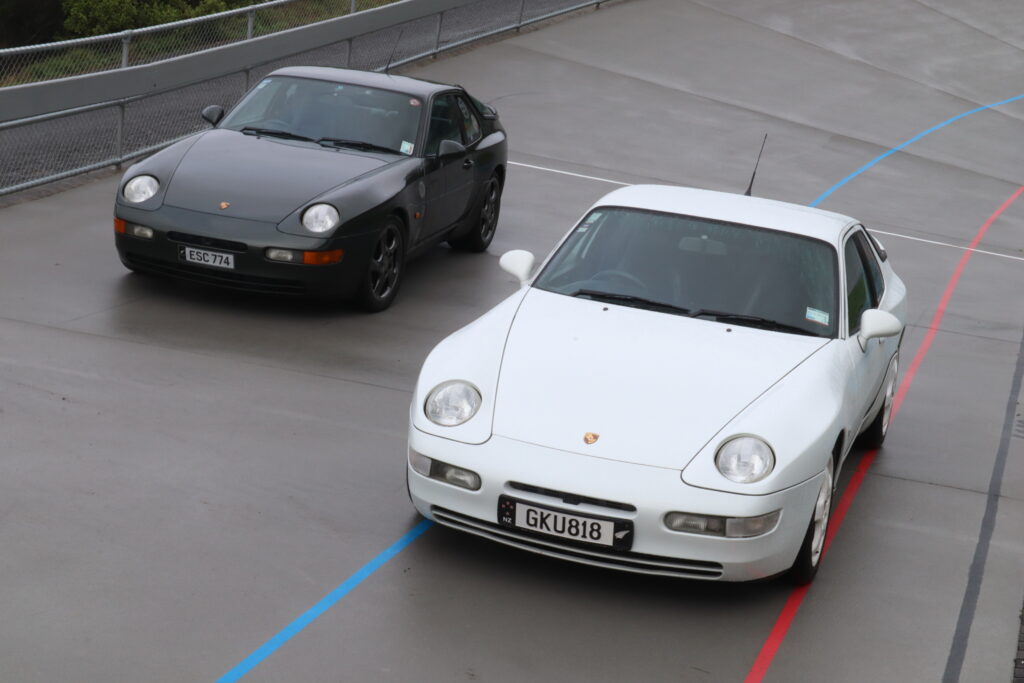
Brothers in arms
When you think Porsche, you will often think of the 911 or 356 — both rear-engine, both air-cooled (or at least until more recent times for the 911), and both icons of the sports car world. The 356 is very desirable, in hardtop coupe or in one of the three topless derivatives — speedster, roadster or cabriolet. Similar to larger car firms, Porsche experimented with a cheaper entry-level car for the keen but more modest income prospective purchasers so they could obtain their first foray into the brand.
Reaching back to their roots, Porsche collaborated with Volkswagen and released the mid-engine 914 in 1969. It sold in significant numbers in the USA, and was a modest success.
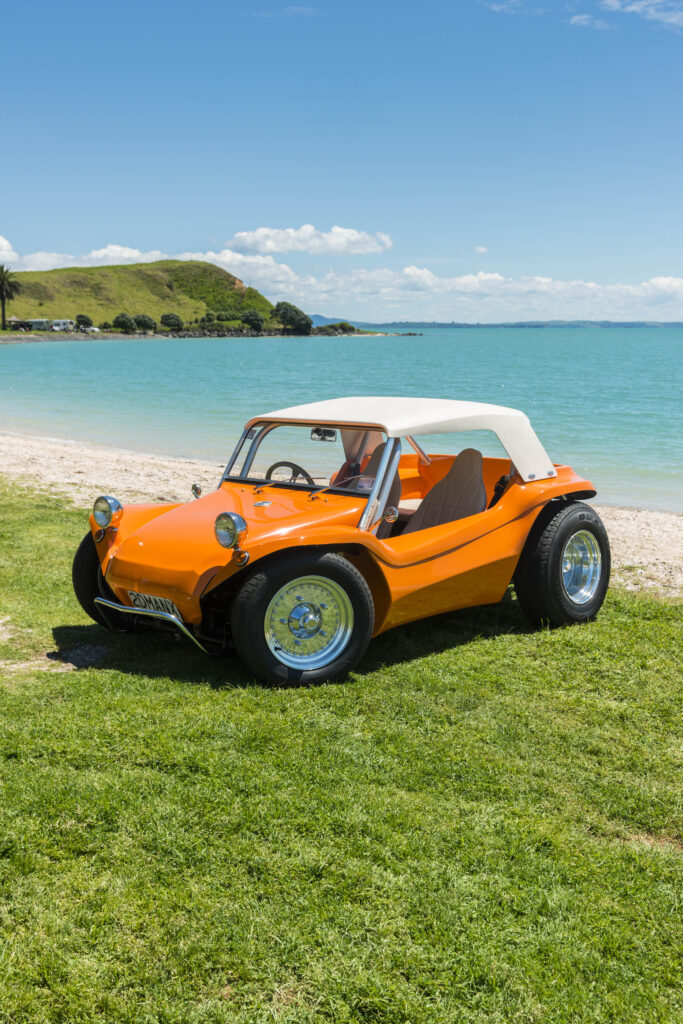
The essence of fun
The dak-dak-dak of the beach buggy’s air-cooled engine spreads head-turning smiles wherever it goes. It has a timeless appeal but it also comes laden with more than a hint of nostalgia for the golden summers of youth, before ice creams — and suntans for that matter — became a guilty pleasure.
The boom time for the beach buggy was the 1960s. They were invented then but volume manufacture screeched to a halt in the 1970s. New car legislation in the US outlawed things like open wheels and exposed engines, but the owner of this classic example, Rob Schrickel, says small-scale manufacture has bubbled along happily ever since.
“They never really went away,” he says.
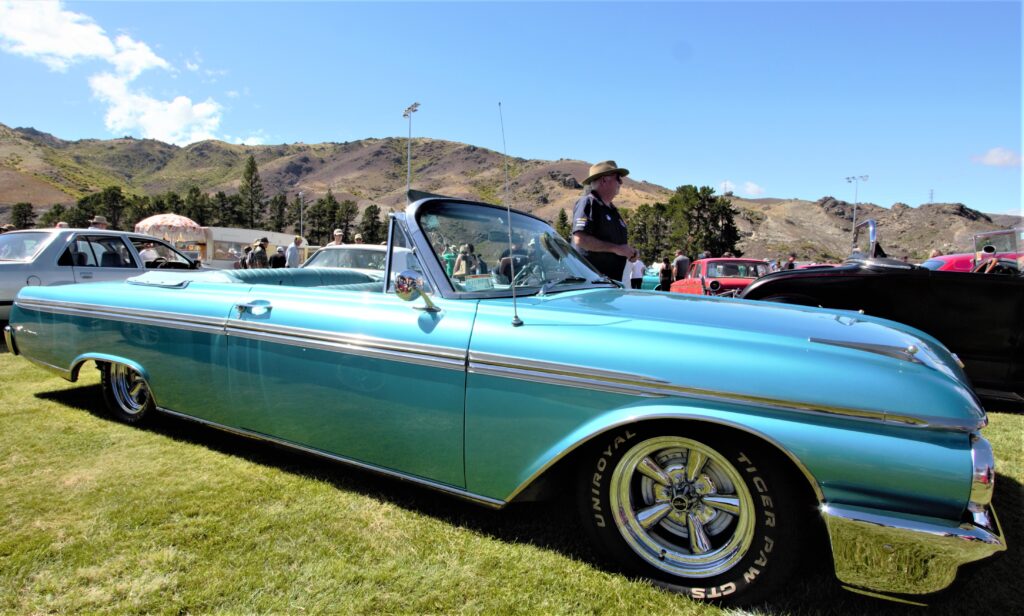
Big jump at Cromwell
Kicking off the event, the Alpine Street Machines’ Friday cruise to Bannockburn and back on the Friday was easily the biggest in the event’s history. Some 380 cars created a wondrous spectacle for unsuspecting fellow road users that day, potentially tempting some to take a closer look in Cromwell over the weekend.
Saturday’s car show, organised by the Southland Ford Falcon Club at the Alpha St reserve, drew perhaps a thousand or more gleaming examples of interesting cars and applied restoration skills. Chrome and flashing paintwork dazzled the eye in the bright Central Otago light everywhere you looked. It really looked as if everyone with a classic or a hot rod from across the island had seen the forecast for great weather and headed for Central Otago.
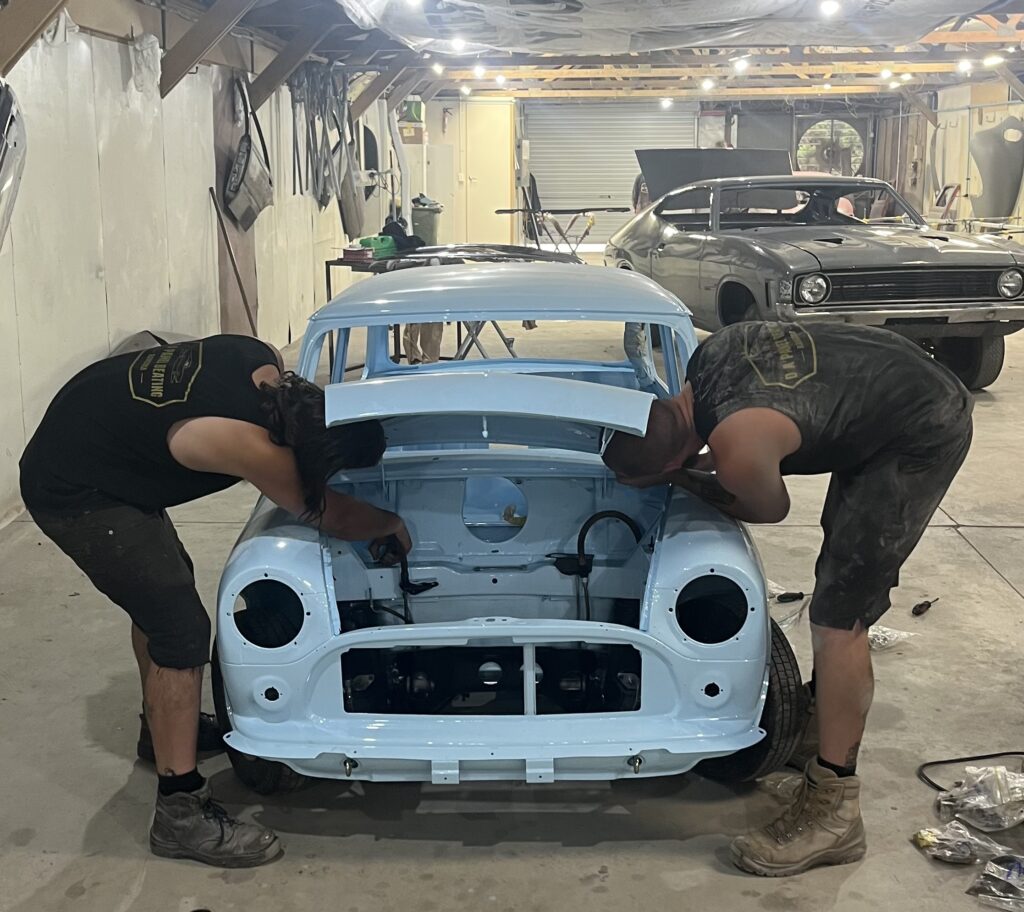
A passion for classics and customs
In the highly competitive field of New Zealand classic and custom restorations, reputations are won or lost on the ability to maintain consistently high standards of workmanship. A company managing to achieve this is D A Panel beating Ltd, of Rangiora near Christchurch. Is your classic or custom car restoration stalled, or in need of a refresh, or perhaps you are looking for experts to rebuild that recent import project out of Europe or the ‘States?

Protect your investment
Total Lube Guide gives you the good oil Choosing the right fluids for your car, and refreshing them regularly, is the best form of preventive maintenance. It makes driving more
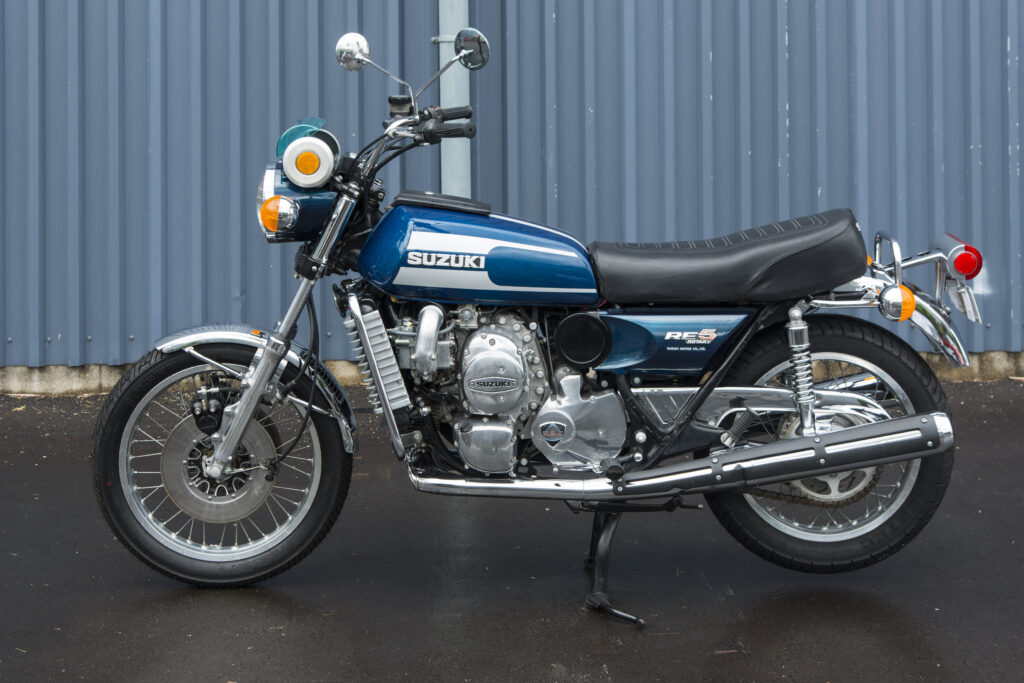
1975 Suzuki RE5
Suzuki had high hopes for its RE5 Wankel-engined bike launched in 1975. It had started looking at the Wankel engine in the mid-60s and bought the licence to the concept in 1970.
Apparently all of the big four Japanese makers experimented with the design, Yamaha even showing a rotary-engined bike at a motor show in 1972. But Suzuki was the only one of the big four to go into production. Like many others at the time, Suzuki believed that the light, compact, free-revving Wankel design would consign piston engines — with their complex, multiple, whirring valves and pistons, which (can you believe it?) had to reverse direction all the time — to history.
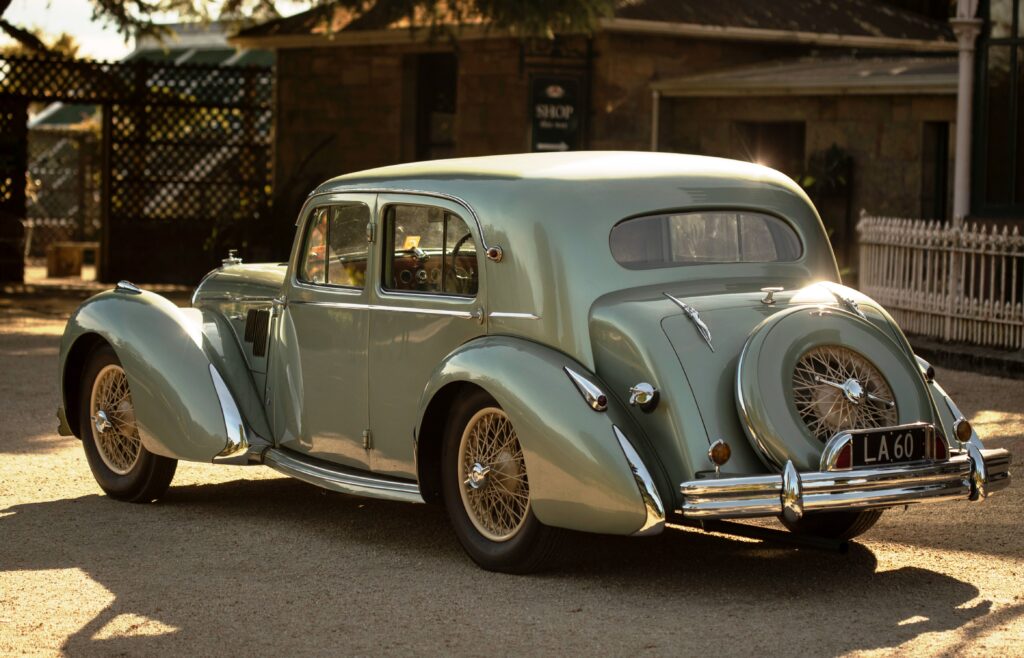
Grand Routier — in the french tradition
Sitting in Paddy and Patsy Williams’ Dunedin garage is a stunning example of one of these rare French grand routier sedans. It is a 1949 four-door Lago-Record Factory Berline sedan, to give its full name. Daughter Cath let us know how proud she was of her dad, who had been tinkering away in his garage on this car for so many years.
Without exaggeration, it has been a mammoth task. I first saw this Talbot-Lago in mid 2019. The long-nosed, sweeping, curved four-door saloon, clothed in its misty green metallic paint, was quite breathtaking. There’s more than a little English influence in it, too, harking back to company owner Tony Lago’s involvement in the Clement-Talbot-Darracq era. The long front wings and bonnet, usually multi-louvred, highlighted with artful touches of chrome bling, are typical of the era, but these were indeed luxury length. Interiors provided leather-clad, armchair-style seating and ample legroom, with touches of wood and surprising details such as dainty childproof interior locks — a far cry from today’s lozenge boxes.
Paddy, a retired civil and structural engineer, knows his way around a lathe. He has a well-equipped garage-workshop to assist in any machining tasks along with his other passion for restoring classic motorcycles.
